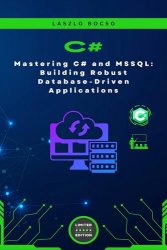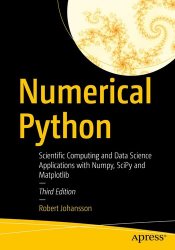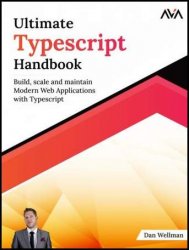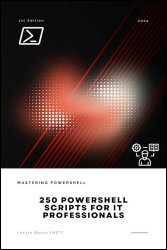- Добавил: Natali26
- Дата: 4-05-2025, 11:32
- Комментариев: 0
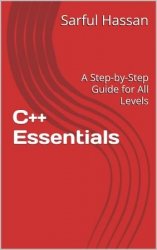 Название: C++ Essentials: A Step-by-Step Guide for All Levels
Название: C++ Essentials: A Step-by-Step Guide for All LevelsАвтор: Sarful Hassan
Издательство: Sarful Hassan
Год: 2024
Формат: pdf, epub
Страниц: 269
Размер: 26.0 Мб
Язык: английский
Unlock the power of C++ programming with this comprehensive guide designed for learners at any stage. Whether you're just starting or looking to enhance your skills, C++ Essentials takes you from the basics to advanced concepts in an easy-to-follow, step-by-step approach. This book covers everything you need to master C++, from understanding core syntax to tackling complex data structures and algorithms. Learn how to write efficient code, use object-oriented programming (OOP), and leverage the Standard Template Library (STL) for real-world applications. Each chapter builds on the last, ensuring you develop a solid foundation and deep knowledge of C++.



